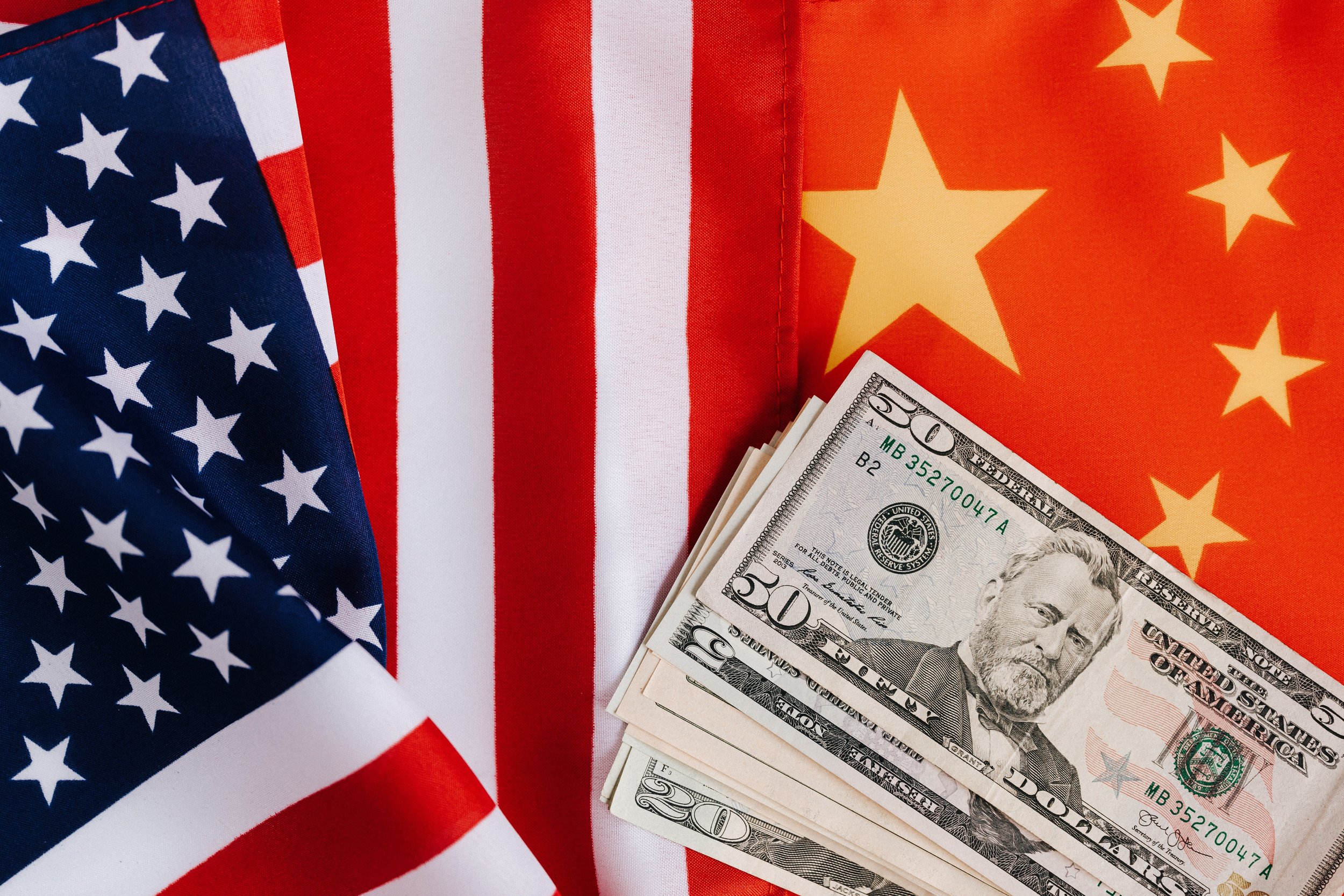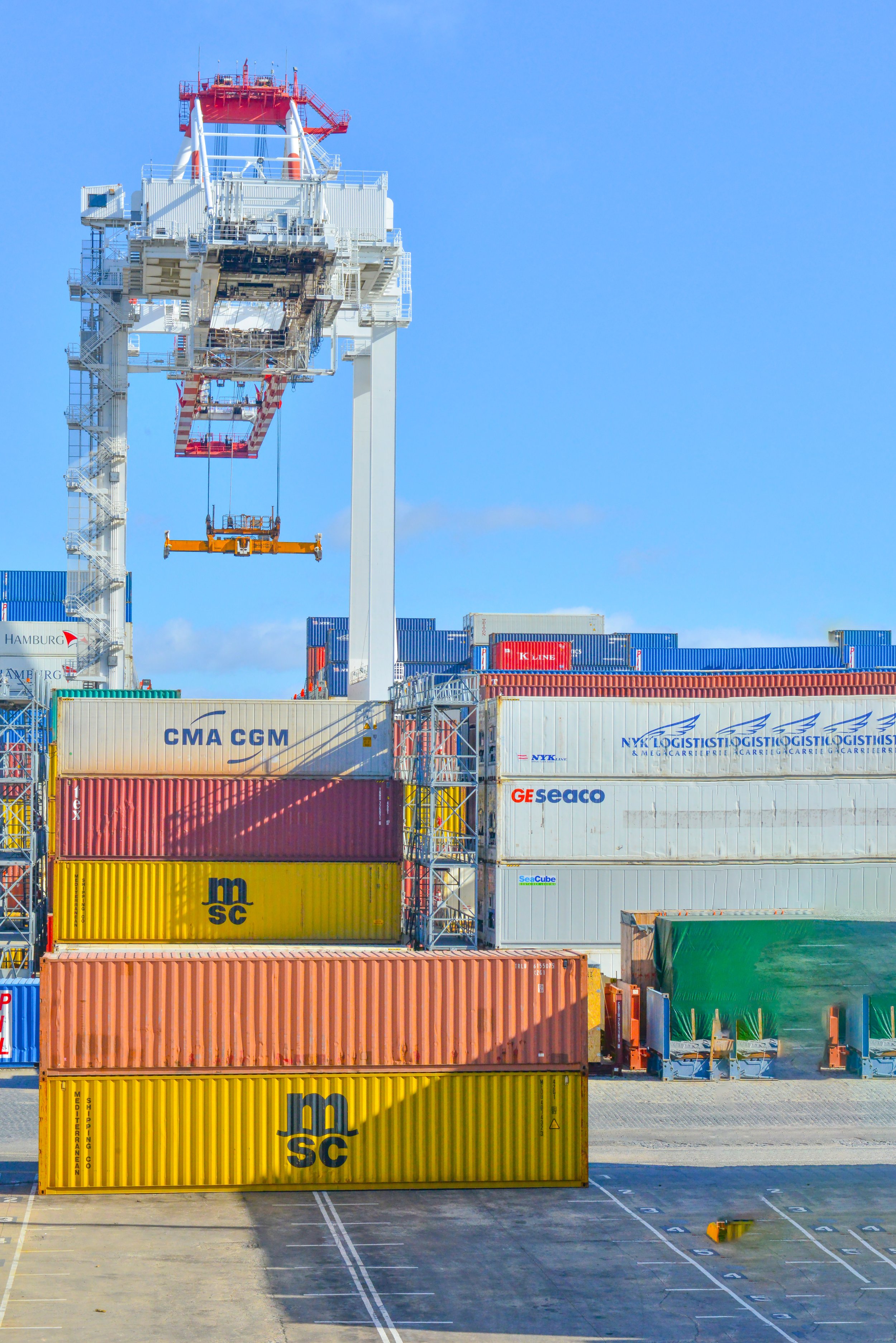Global supply chain pressure is on a pendulum swing post-covid
⚖️ Global supply chain pressure is on a pendulum swing post-covid.
Initially, the sudden surge in demand for essential goods, such as medical supplies and food, resulted in shortages and stockouts. This put pressure on supply chains to increase production, transportation, and distribution to meet the demand. Now there has been a shift in demand, leaving warehouses clogged with products that customers are finding difficult to purchase with incredible high inflation. The swings in demand have created uncertainty in the supply chain, making it difficult to plan for future demand and capacity requirements. This has led to challenges in managing inventory levels and maintaining adequate supplies.
In a recent column in Supply Chain Management Review, a story surfaced about how a LAN transformer led to thousands of Audi, Bentley, and Porsche vehicles being stuck at U.S. ports, potentially breaching the U.S. Uyghur Forced Labor Prevention Act.
The global market is currently flooded with goods from Chinese factories, ranging from cars and appliances to computer chips and electronics.
The container shipping industry is grappling with a surplus of capacity, leading to a drop in customer rates that Maersk CEO Vincent Clerc described as unsustainable during the company's annual shareholder meeting.
WHO Director-General Tedros Ghebreyesus is sounding the alarm bells about something called "Disease X."
The recent U.N. agreement among nearly 200 countries to transition away from fossil fuels is being celebrated as a significant step in addressing climate change.
Geopolitical risks are seen as the primary concern for forwarders and the air freight industry in 2024, according to delegates at the ACE air freight forwarding event in Abu Dhabi.
A growing number of ships are manipulating their reported locations for illicit activities, potentially involving goods worth billions of dollars.
The Global Logistics Market is on a significant growth trajectory, with projections indicating a substantial increase in its size.
Germany, known for its economic prowess, is currently facing a stark reversal of fortune.
China's ongoing efforts to modernize its industrial system are expected to have a positive impact on global supply chains.
A recent survey by the Institute of Directors (IoD) reveals that over a third of U.K. importers (35%) have been impacted by escalating geopolitical tensions, primarily related to China, prompting them to reassess their supply chains.
The book "Breakthrough Supply Chains" offers a practical and rigorous methodology to build resilient and cost-competitive 21st-century supply chains for international business.
Pertamina International Shipping (PIS) achieved a major milestone by signing four business cooperation agreements with global players through its branch office, PIS Middle East (PIS ME), based in Dubai.
The microchip industry plays a pivotal role in various key sectors of the global economy, from computing and telecommunications to military and healthcare.
The freight industry is grappling with inflationary pressures, including labor cost increases and reduced consumer spending
The expiration of the Black Sea grain deal, which allowed Ukraine to export grain via the Black Sea, is a significant development with implications for global food prices and the World Food Programme (WFP).
Mexico has replaced China as the United States' primary trading partner, marking a significant change in the global economy.
Nearshoring, the practice of moving manufacturing operations closer to North America, is unlocking growth opportunities in the less-than-truckload (LTL) freight transportation industry.
Intel is investing $4.6 billion in a new assembly and testing facility in Poland and expanding its investment in a semiconductor fabrication plant in Germany, totaling approximately $33 billion.
The global economy, already grappling with the aftermath of the pandemic and the war in Ukraine, faces further uncertainty as chaos in Russia threatens to disrupt stability.
Chinese electric vehicle (EV) manufacturers, led by companies like BYD, are encountering obstacles as they expand their presence overseas due to rising protectionism.
Paris is setting the stage for a transportation revolution as it prepares for the 2024 Olympic and Paralympic Games by planning a fleet of electric flying taxis.
The Panama Canal, facing its driest period in over a century, has imposed transit restrictions since May, leading to reduced container loads for large vessels.
The practice of nearshoring, particularly bringing manufacturing back from Asia to the Western hemisphere, is seen as an advantage for American producers.
Digitalization has brought about transformative changes in logistics and the supply chain, revolutionizing global operations.
Jack Buffington, a supply chain expert, sheds light on how the COVID-19 pandemic simply brought to the surface the long-standing issues plaguing global supply chains.
According to the Global Port Tracker report by the National Retail Federation and Hackett Associates, import cargo volume at major US container ports is expected to be 22% lower in the first half of 2023 compared to the same period last year, despite increased consumer spending.
Unforeseen drops in international freight pricing and an oversupply of freight capacity have led to a reversal in the global trade, supply chain, and logistics landscape.
The escalating debt crisis in the United States is raising concerns about an impending recession that could have far-reaching consequences, not only for the US but for the global economy as a whole.































Shipping a 40-foot container from Shanghai to New York now costs nearly $10,000, causing frustration among importers and talk of a market bubble.